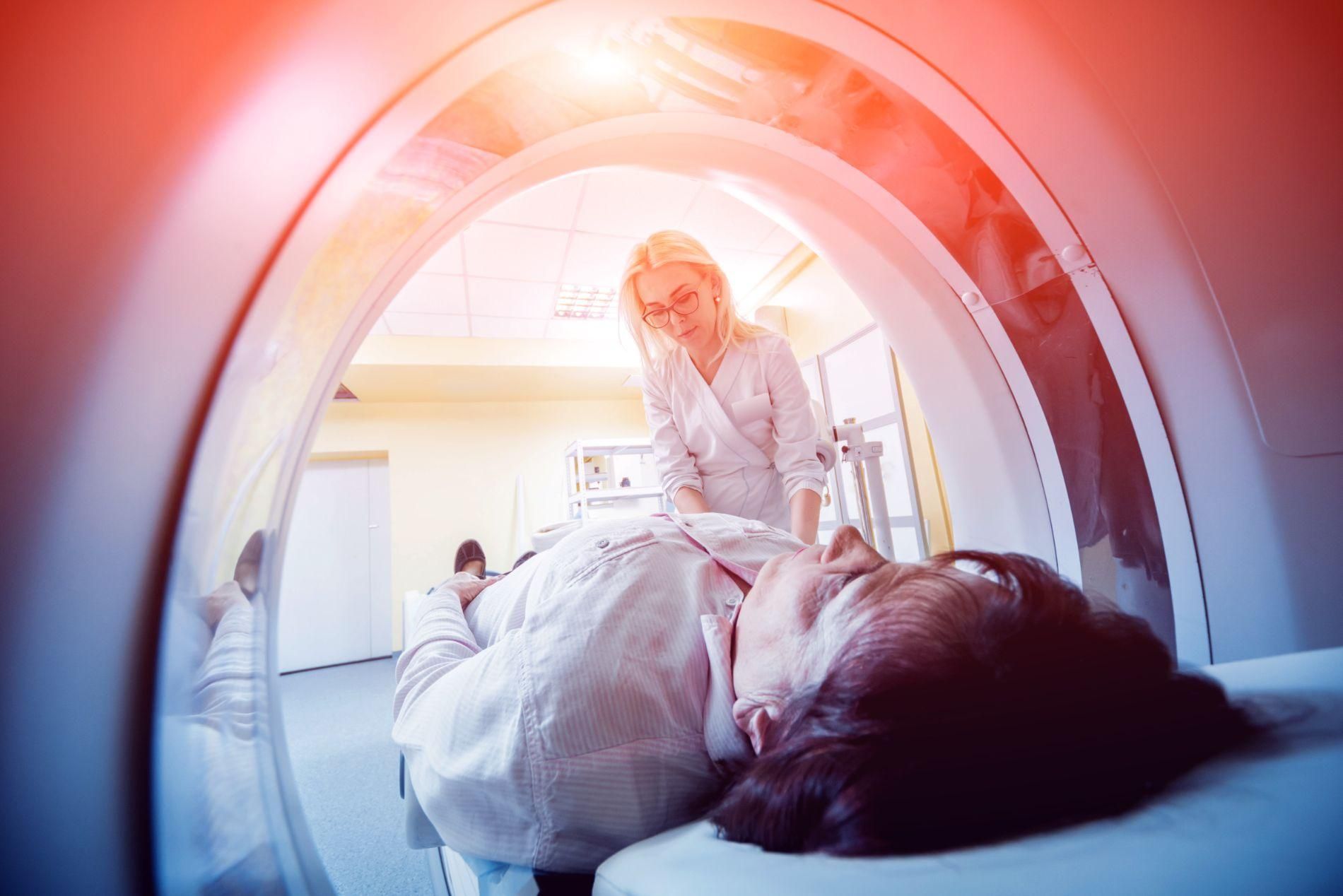News & Press Releases
-
London, UK – 13th December – ROAR B2B Ltd, the organiser of International Imaging Congress, is delighted to unveil its headline partnership with AXREM, a significant collaboration set to elevate the upcoming event at London Olympia on October 7-8, 2024
-
Health Business is published bi-monthly and includes news, features, analysis, opinion and best practice on the administrative, commercial and business sides of healthcare and hospital management. The ...
-
By Niamh Coleman for Oncology News Today A new training initiative, the North West Imaging Academy (NWIA), is aiming to transform the NHS imaging workforce. The University of Liverpool is a partner in ...
-
With International Imaging Congress taking place at London Olympia in just over two months, it’s time for you to get to know your Chair of the Future Radiology & Diagnostic Oncology Summit, Dr Ram Sen ...
-
An ultrasound scan can be used to detect cases of prostate cancer, according to new research.
-
Over the course of the next 3 years, the NHS will receive £248 million to digitise diagnostics and help tackle issues arisen from the pandemic such as increased patient waiting lists.
-
Channel 4’s Dispatches programme has found that scanners in many trusts are more than 10 years old and are putting patients at risk. There is also an existing shortage of doctors who are qualified to diagnose and treat disease and injuries using medical imaging scanners, which could triple by 2030.
-
Since the 1950s, doctors have used low-intensity ultrasound as a medical imaging tool. Now, experts at the University of Waterloo are utilising and extending models that help capture how high-intensity focused ultrasound (HIFU) can work on a cellular level.
-
The technology that enables artificial intelligence (AI) is improving rapidly, with more and more applications being developed all the time. The medical field is no different, with new AI solutions being integrated in many areas, particularly imaging. To measure this trend, the American College of Radiology conducted a survey to determine the extent to which AI solutions were being adopted among radiologists.
-
The idea of using real-time MRI scans to guide a proton beam while a patient undergoes proton therapy is one which might sound like a dream come true to some imaging departments. Such technology would enable a significant increase in the quality of treatment provided – not to mention all the time which could be saved. But to many it might seem as though it were just that: a dream. However, new developments from OncoRay in Dresden may suggest otherwise.
-
On the 11th of March, we were proud to host Adrian Trinidade’s talk “Changing Imaging Strategy During a Pandemic” which was sponsored by Philips and included as part of our virtual Medical Imaging Convention. As the Operational Lead at Whittington Hospital, Adrian found himself in a very difficult position when a national pandemic was announced in March of 2020. Despite the very difficult and unknown territory which lied ahead, Adrian was able to revise his hospital’s imaging strategy and adapt with the times.
-
Over the last 10 years, countries within the Middle East have heavily invested in digital technology for its healthcare systems. Now, with the impact of Coronavirus, the investment is starting to pay off.
-
Augmented reality technology is developing from a novelty to a crucial feature in use across the patient pathway.
-
Radiologists at Massachusetts General Hospital, Boston have conducted the longest and most detailed MRI scan in history.
.png)
.png)


)
.jpg/fit-in/500x500/filters:no_upscale())
)
.png/fit-in/500x500/filters:no_upscale())
)
.png/fit-in/500x500/filters:no_upscale())
.png/fit-in/500x500/filters:no_upscale())
-168D4D37.png/fit-in/500x500/filters:no_upscale())
)
)
)
)
)
)